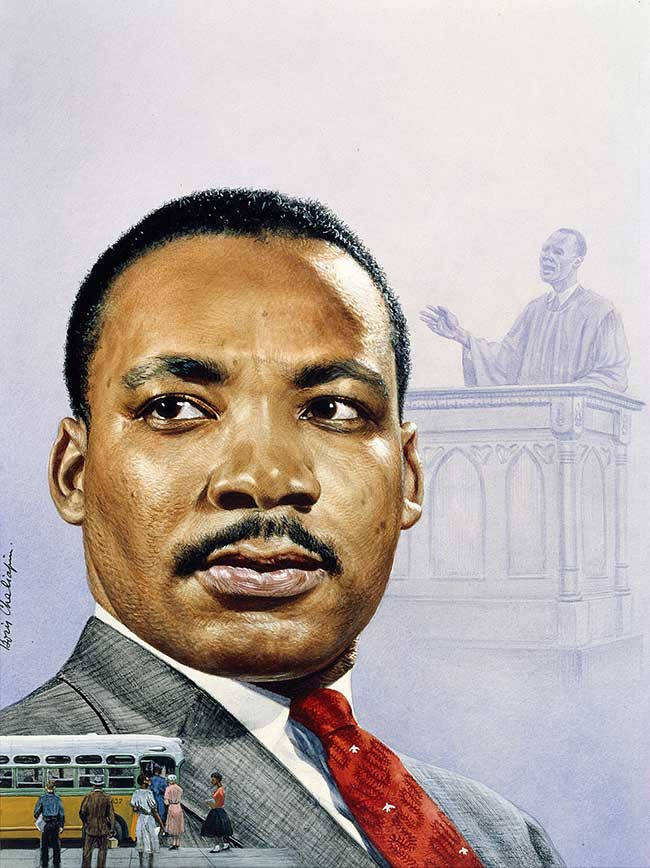After watching my fellow classmates present on the regression of African American rights, I was able to learn on a few topics. The assassinations of Martin Luther King stood out to me especially. MLK was assassinated on April 4, 1968, at the Lorraine Motel, in Memphis, TN.
James Earl Ray was the person who assassinated Martin Luther King. Ray initially pleaded guilty to the charges in 1969 but later attempted to withdraw his guilty plea. He claimed that he was not the actual assassin and that he was coerced into confessing. His request for a trial was denied, and he was sentenced to 99 years in prison.
One other moment in history that stood out to me was the Boston bus riots. What happened with the bus riots was that in response to a court-ordered plan to desegregate public schools through busing, white residents opposed the idea of their children being transported to schools outside their neighborhoods.
This led to widespread protests, strikes, and violence. This included the incident on September 5, 1974, when anti-busing protesters attacked a school bus carrying African-American students. The events showed the deep racial tensions and resistance to efforts aimed at achieving racial balance in Boston's schools.
In conclusion, the assassination of Martin Luther King Jr. and the Boston busing desegregation crisis stand as important chapters in the history of the struggle for civil rights. These events show the challenges and key racial tensions that marked pivotal moments in the pursuit of equality. Martin Luther King's assassination and the resistance to school desegregation serve as powerful reminders of the complex and enduring journey toward justice in the United States that was taking place at this time. Understanding these historical milestones is essential for creating awareness, empathy, and continued efforts toward a more inclusive and fair society.






No comments:
Post a Comment